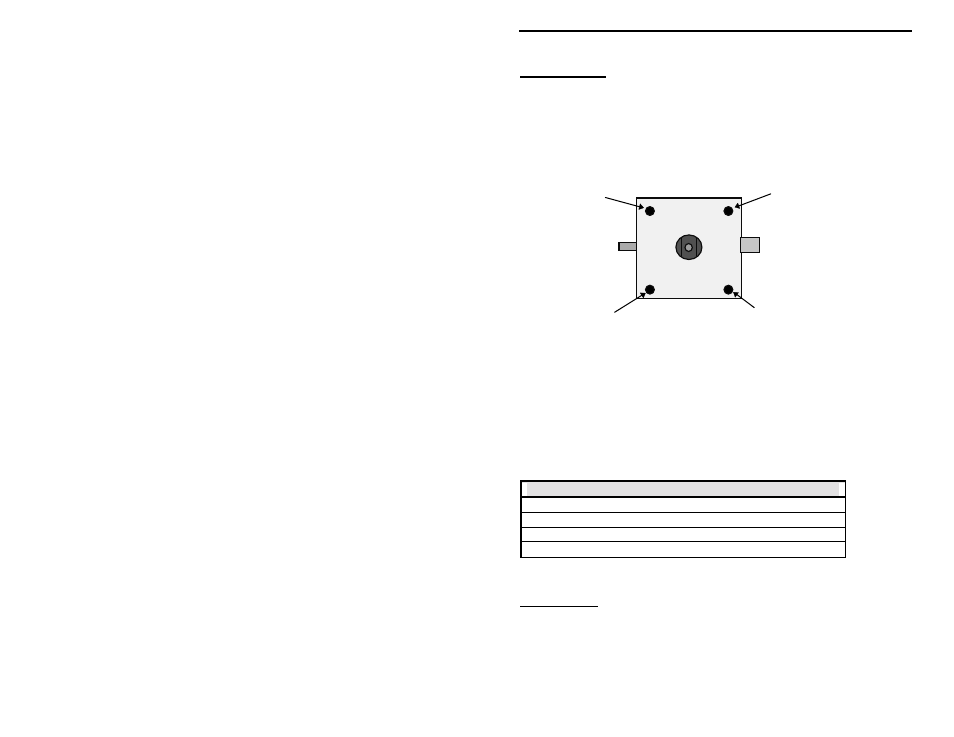Vectronics VEC-1120K User Manual
Page 23

VEC-1120K/1130K/1140K/1180K Instruction
Manual
21
ALIGNMENT
The receiver tuning capacitor may need to have jumpers installed to allow tuning
over wider sections of the band you wish your receiver to cover. Several options
are shown in the tables below. Chose the maximum tuning range that best meets
your needs, and connect the free end of the insulated wire from W1 to the
appropriate value tuning capacitor section (see drawing below):
140 pF
40 pF
40 pF
82 pF
Greater tuning ranges can be had by paralleling two or more capacitor sections.
Leads cut from resistors or capacitors will do for jumper wires for paralleling
capacitor sections. For example, paralleling the 140 and 82-pF sections will give
222-pF of tuning capacitance, combining the 40 and 140-pF sections will give a
180-pF tuning capacitance. The table below shows several suggested capacitor
combinations. However, too a large tuning range makes precise tuning of CW or
SSB stations difficult. Use a larger-sized tuning knob to improve tuning
resolution problems.
Capacitor jumpers:
180 pF = use 140-pF and 40-pF sections paralleled
222 pF = use 140-pF and 82-pF sections paralleled
262 pF = use 140-pF, 82-pF and a 40-pF section paralleled
302 pF = use all four capacitor sections in parallel
Important Note: 80 and 75 meters are usually considered to be different bands.
Most CW and RTTY activity takes place below 3.7 MHz, SSB and AM activity is
between 3.7 and 4.0 MHz.
